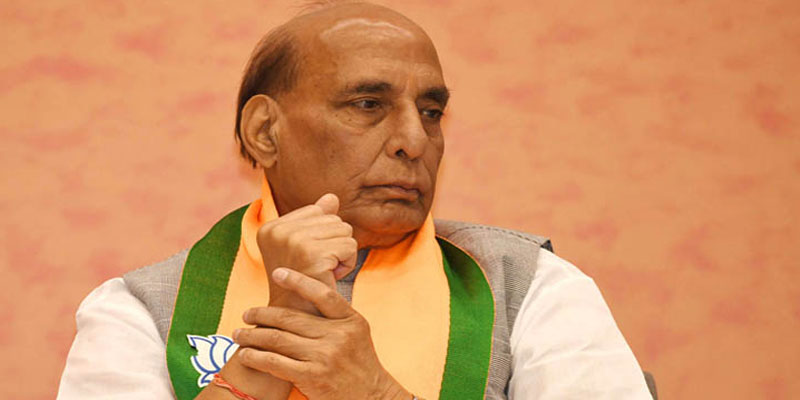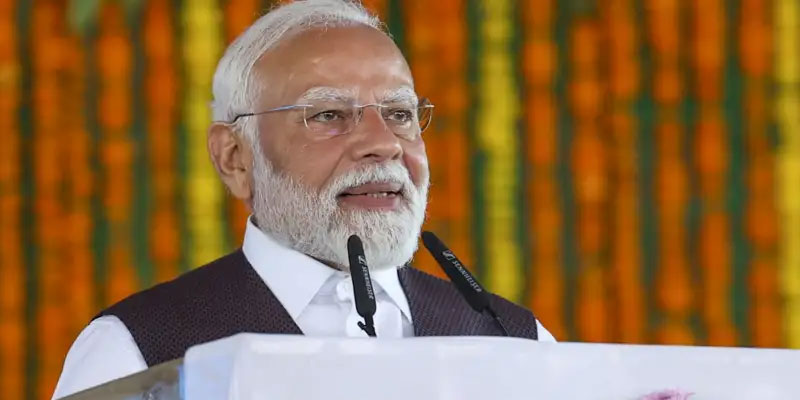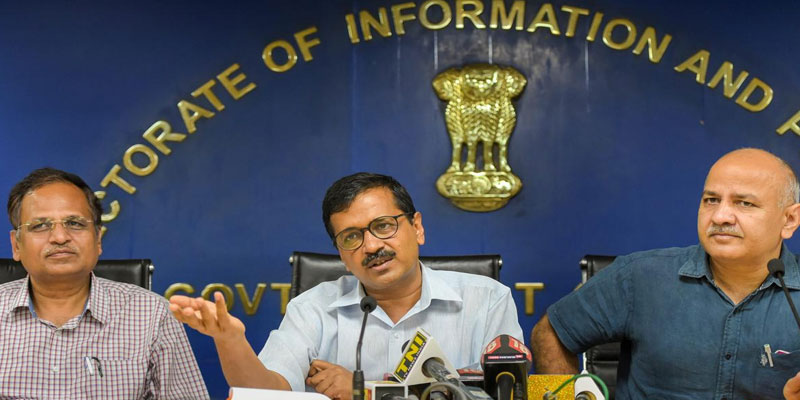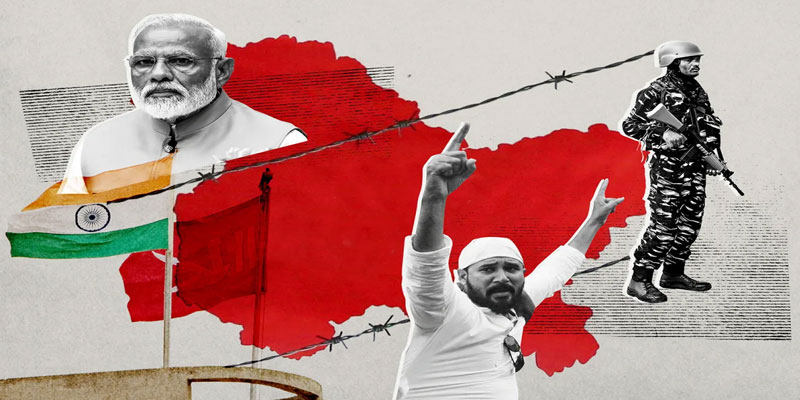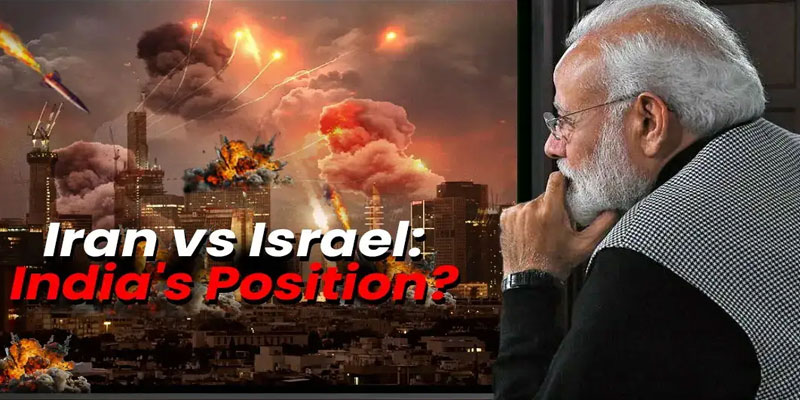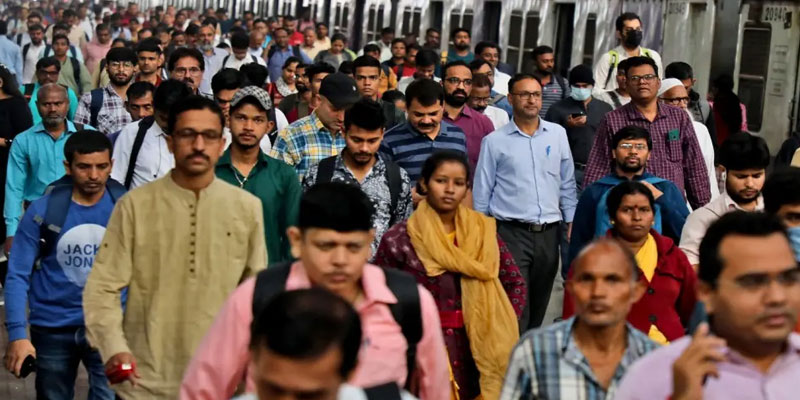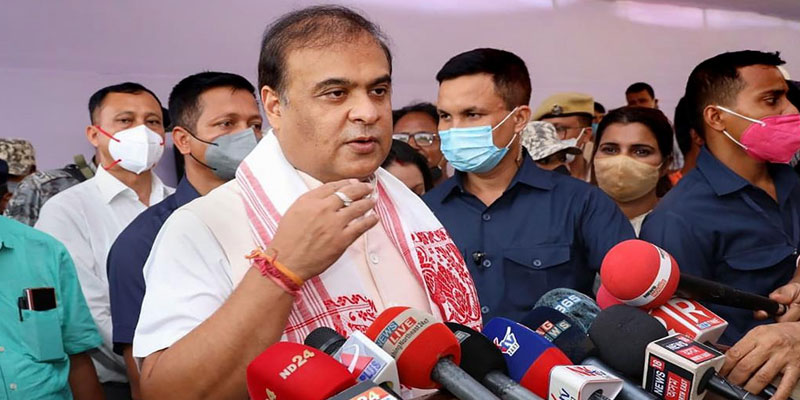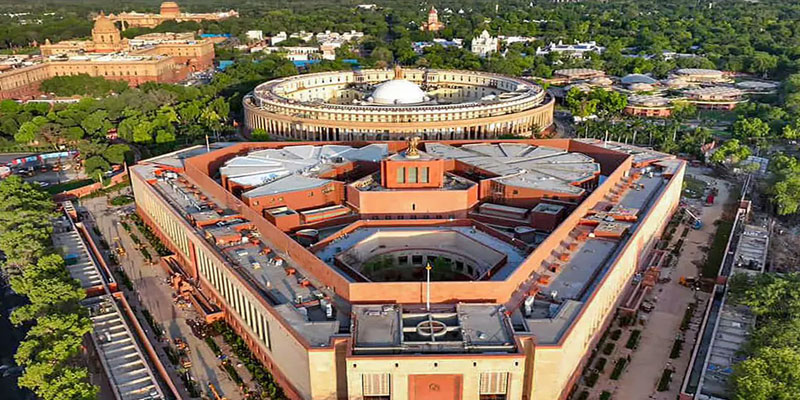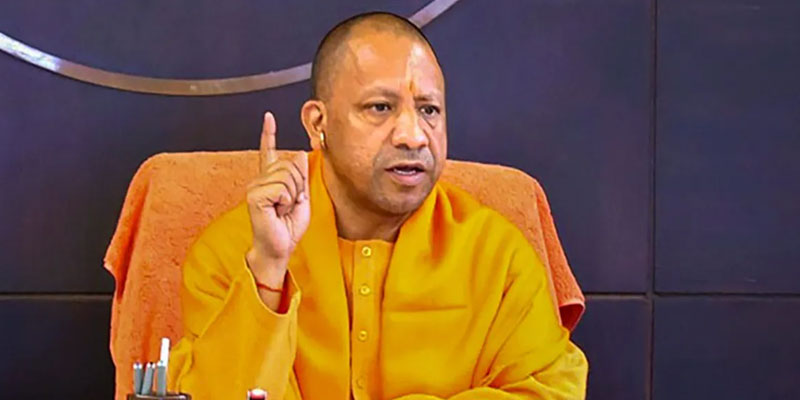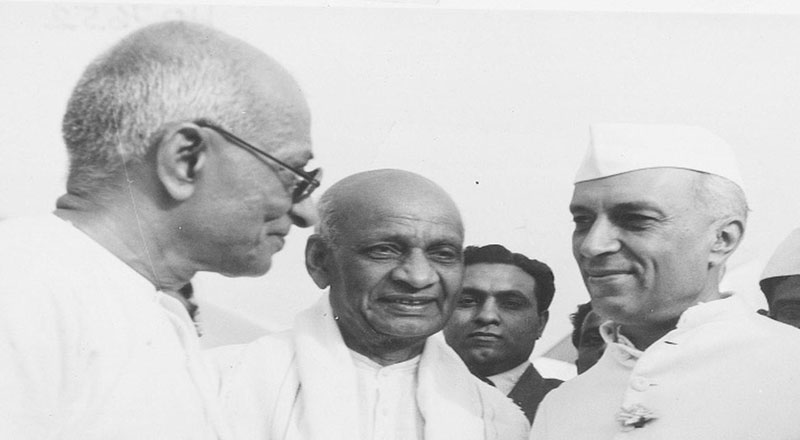A Land Divided—Understanding the Meitei–Kuki-Zo Conflict
Manipur, a northeastern Indian state rich in cultural heritage and diversity, has been gripped by a deadly ethnic conflict since May 2023. The violence, primarily between the Meitei community—predominantly settled in the Imphal Valley—and the Kuki-Zo tribes from the surrounding hill districts, has left over 260 people dead and displaced more than 60,000. The tensions boiled over following a controversial Manipur High Court recommendation to extend Scheduled Tribe (ST) status to the Meiteis, a move that the hill tribes saw as a threat to their land rights and constitutional protections. The resulting unrest has spiraled into an enduring and complex crisis, punctuated by frequent violent clashes, such as the latest deadly encounter in Chandel district.
Fresh Violence: 10 Militants Killed in Chandel Gunfight
On May 14, 2025, at least ten militants were killed during a gunfight between security forces and armed insurgents near New Samtal village in Khengjoy tehsil, Chandel district, close to the Indo-Myanmar border. According to the Army's Eastern Command, the Assam Rifles—acting on specific intelligence inputs—launched a tactical operation under the Spear Corps. When troops encountered hostile fire from suspected insurgents, they retaliated “in a calibrated and measured manner.” The operation led to the recovery of a substantial cache of arms and ammunition, with reports suggesting the mission was still ongoing at the time of reporting.
This gunfight highlights the persistent volatility in the region, where ethnic divisions have now merged with insurgent activity and cross-border dynamics, further complicating the path to peace.
Historical Roots of the Conflict
The Manipur conflict is rooted in longstanding ethnic, territorial, and political grievances. The Meiteis, who comprise a majority of the state's population, are primarily Hindu and reside in the central valley region. Meanwhile, the Kuki-Zo and Naga tribes, largely Christian, inhabit the hill districts that surround the valley. The Meiteis have long expressed concerns over limited access to land in the hill areas due to constitutional protections granted to Scheduled Tribes.
In April 2023, the Manipur High Court recommended that the Meiteis be granted ST status—sparking widespread fear among the tribal communities that their rights, land ownership, and political representation would be diluted. What began as protests quickly devolved into widespread ethnic violence, involving arson, looting, and mass displacement.
Finding a Path Forward: What Needs to Be Done
Resolving this entrenched conflict requires a multi-layered approach:
- Dialogue and Political Mediation: Central and state governments must facilitate inclusive dialogue involving both communities, civil society, and neutral mediators to rebuild trust and craft long-term solutions.
- Revisiting Legal Proposals: Any decision on ST status must be rooted in constitutional clarity and demographic balance, taking into account historical injustices and current socio-economic conditions.
- Security and Justice: Ensuring neutral and robust law enforcement is crucial to prevent further violence. Perpetrators of ethnic crimes must be brought to justice transparently to avoid perceptions of bias.
- Rehabilitation and Reconciliation: A comprehensive rehabilitation package for displaced families, combined with reconciliation programs, can help reweave the social fabric torn apart by hatred and fear.
The tragic events in Chandel are a reminder of how far the conflict in Manipur has moved from peaceful protest to entrenched violence. Beyond security responses, the state needs a healing process grounded in equity, justice, and mutual respect. Manipur’s future lies not in dominance by one group over another, but in the shared recognition of diversity as a strength, not a fault line. For a truly lasting peace, both the valley and the hills must find a way to coexist—not just geographically, but socially, politically, and emotionally.
(With agency inputs)





